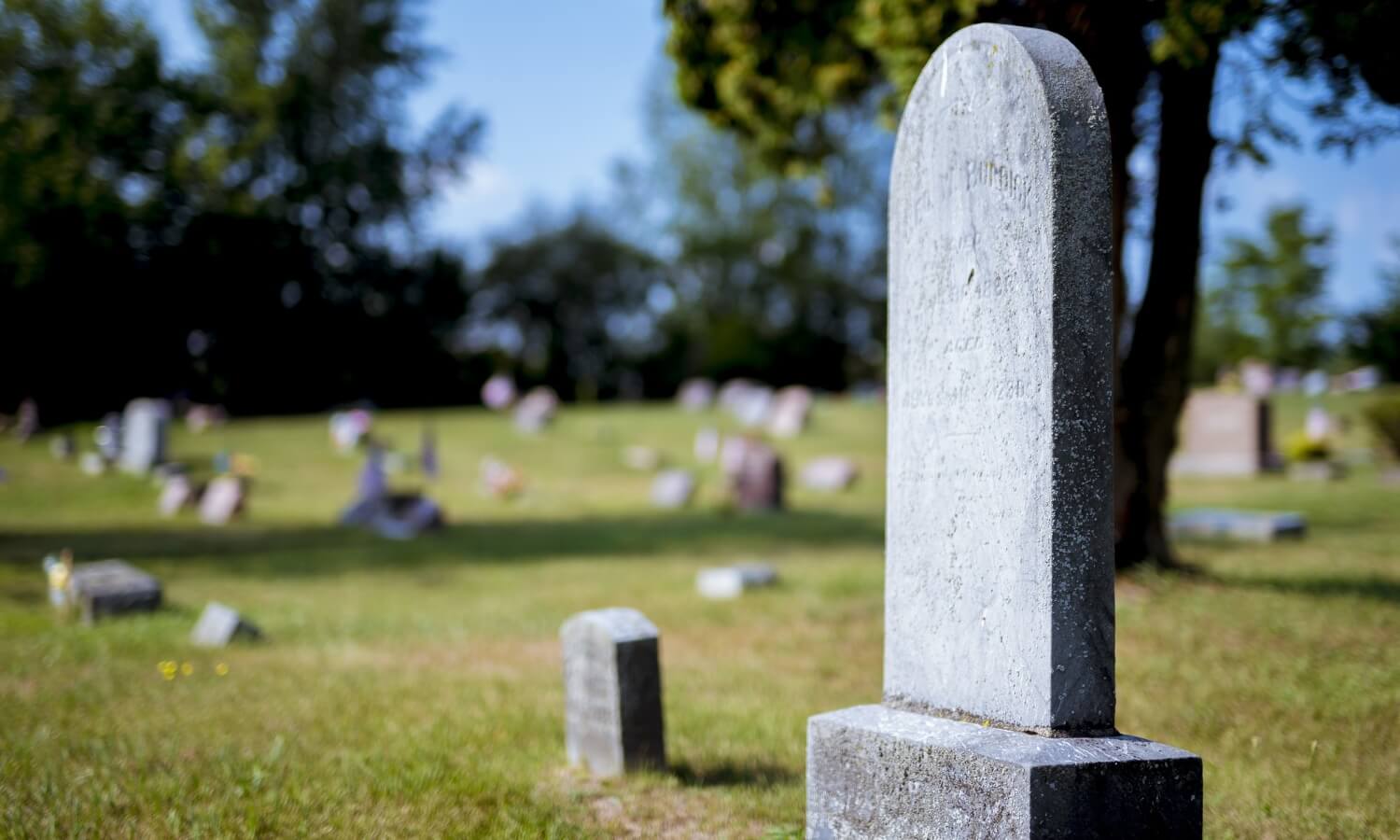Many non-financial assets depreciate in value. Cars, furniture and other such assets tend to be worth less over time, and they are generally not subject to capital gains tax. However, there may be exceptions, such as collector cars, jewellery, artwork or antiques. You may have to report a capital gain on the sale of personal-use property that has increased in value.
To calculate the capital gain—or loss, as the case may be—there are three rules:
- If the adjusted cost base (ACB) is less than $1,000, the ACB is considered to be $1,000.
- If the sale proceeds are less than $1,000, the proceeds are considered to be $1,000.
- If both are less than $1,000, there is nothing to report.
Capital gains on personal-use property
As a result of these three rules, personal-use assets are usually a non-issue for taxes. In rare instances where a taxpayer profits, the numbers need to be into the thousands to matter.
Interestingly, when someone buys a burial plot, they actually buy the right to bury, or inter, someone in the plot. That is, the buyer becomes an “interment rights holder,” but they do not own the land itself. Despite this, the empty cemetery plot has value for someone else who will inherit it or buy it.
When the deceased passed away, they were deemed to sell all of their assets, Brian. This includes the cemetery plot. So, capital gains tax would be payable on their death for any appreciation in value.
If you, as executor, sell the plot shortly thereafter, the value will likely be similar. If there’s a profit between the time of their death and the sale of the plot, this could give rise to a capital gain for the estate.
Selling a cemetery plot as part of an estate
It bears mentioning, Brian, the cemetery plot may have some restrictions related to its sale. Keep in mind the land is not owned. The owner holds the right to be buried there. And the cemetery may or may not permit the private sale of interment rights.
Since the plot has a value, it may also be subject to probate or estate administration tax, just like any other asset passing through the estate of the deceased. You should speak to the cemetery, Brian, about the rules around selling the rights to the plot. And consider the tax and probate implications of the individual’s death and the subsequent sale of their vacant cemetery plot.





















Discussion about this post